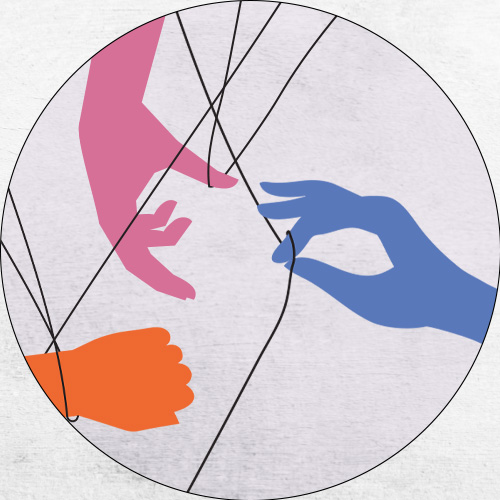For Granted: Chapter 12
| October 17, 2023“She’s offering you a higher salary to do the work you love. Why wouldn’t you take it?”

“Ayala Wexler, are you crazy?”
Ayala winced at Bracha’s pitched voice and looked around, hoping no one else in the Osher Ad supermarket had heard her.
Admittedly, the vegetable aisle was not the best place for a heart-to-heart reveal. But she and Bracha had a weekly grocery shopping date (Bracha supplied the car and Ayala supplied the babysitters), and the ride to the store had been taken up with her father’s medical updates and some incident with Bracha’s Avi climbing onto the dresser, which ended in his needing stitches. (“And you didn’t call me to help?” Ayala had instinctively exclaimed, leading Bracha to laugh at the “superhero complex” she was forever teasing her about. “What, now you do stitches, too?”)
So it was only at the tomatoes that Ayala reached the part of her week when Dini had informed her that she’d found a sponsor for a full-time salary. “But I haven’t decided yet if I want to accept it,” she’d added, which led to Bracha’s loudly questioning her sanity.
“Why in the world would you turn down this opportunity? This is exactly what you’ve been dreaming of!”
“No, it isn’t,” Ayala said, frowning at the tomato in her hand. “I’d never even thought about such a possibility until a few weeks ago, when Dini got this idea in her head.”
Bracha rolled her eyes. “Fine, get technical on me. You know what I mean. Wouldn’t you love to devote yourself full time to Chesed Tzirel?”
Naftali had expressed similar incredulity, though in his milder way. “She’s offering you a higher salary to do the work you love. Why wouldn’t you take it?”
Oops! We could not locate your form.



